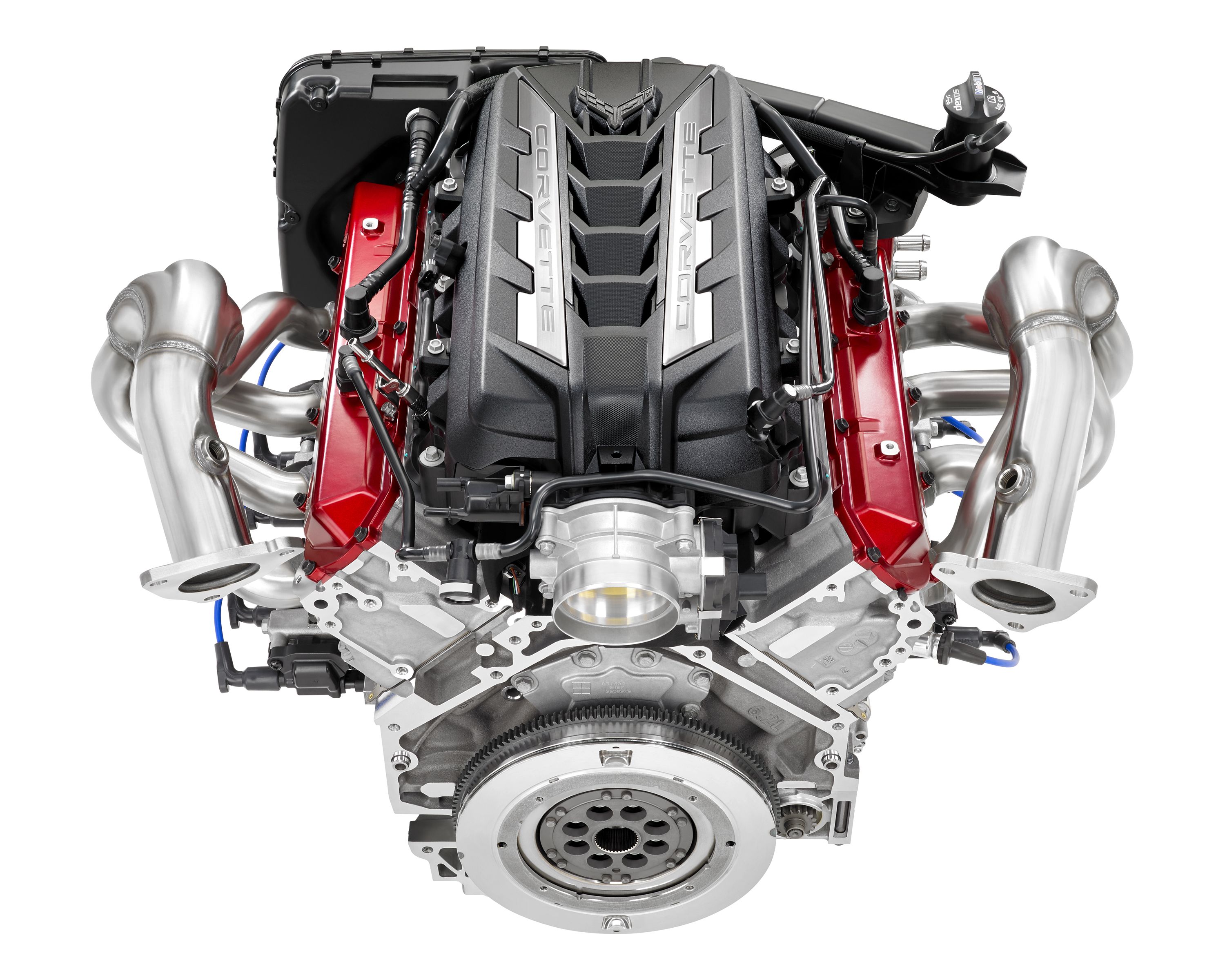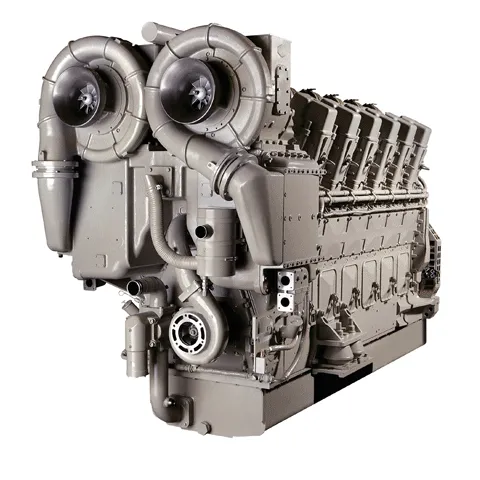Obtain the Perfect Fit with Engines For Africa's Diverse Choice
Obtain the Perfect Fit with Engines For Africa's Diverse Choice
Blog Article
Discover a Large Range of Engines for each Vehicle and Purpose
The automotive landscape is increasingly complex, with a varied range of engine kinds designed to meet details efficiency and performance demands across various automobile classifications. From the high-performance engines that power cars to the fuel-efficient alternatives tailored for everyday commuting, the choices are substantial and differed. In addition, sturdy engines serve the demands of work vehicles, while green options are acquiring grip in the quest of lasting transportation. Recognizing these differences is essential for making informed choices, especially as emerging technologies proceed to shape the future of vehicle design. What ramifications might these improvements hold for makers and customers alike?
Kinds Of Automotive Engines
Automotive engines can be classified into several distinctive types, each created to satisfy certain performance and effectiveness requirements. The most typical categories include internal burning engines, electrical engines, and hybrid systems.

Electric engines, on the various other hand, run on electrical power stored in batteries, offering instantaneous torque and no emissions. These engines are becoming progressively preferred due to developments in battery innovation and the growing focus on sustainability.
Hybrid systems incorporate both interior burning and electrical engines, enabling automobiles to enhance gas effectiveness and decrease emissions by effortlessly changing in between power sources. Each engine type offers its negative aspects and benefits, influencing variables such as vehicle style, planned usage, and market need. Understanding these distinctions is important for producers and customers alike when selecting the ideal engine for their details needs.
Performance Engines for Sports Cars
Efficiency engines for sports cars are especially crafted to provide enhanced dexterity, power, and speed, establishing them apart from typical vehicle engines. These engines usually utilize sophisticated technologies such as turbocharging, supercharging, and variable valve timing to optimize performance and responsiveness.
Generally, efficiency engines are made with higher compression ratios, which permit higher energy removal from fuel. This causes impressive horse power and torque numbers, making it possible for rapid velocity and higher full throttle. The light-weight materials utilized in these engines, such as aluminum and carbon fiber, add to lowered total car weight, improving handling and maneuverability.
Engine configurations like V6, V8, and even hybrid systems are usual in efficiency cars, each offering distinct benefits in regards to power delivery and driving characteristics. The tuning of these engines is also crucial; numerous makers enhance the engine administration systems to give an electrifying driving experience, typically including sport modes that change throttle response and equipment changes.
Efficient Engines for Daily Commuters
In the world of day-to-day travelling, efficient engines play a vital function in optimizing fuel economy and decreasing emissions while giving trusted performance. As metropolitan populaces grow and ecological worries intensify, the demand for cars furnished with reliable powertrains has risen.
Modern engines developed for day-to-day travelers usually incorporate modern technologies such as turbocharging, straight fuel shot, and hybrid systems. Turbocharging enhances engine efficiency forcibly more air into the burning chamber, enabling smaller, lighter engines that do not jeopardize power output. Straight fuel shot boosts fuel atomization, bring about far better burning and raised efficiency.
Crossbreed engines, combining inner combustion with electrical power, more increase gas economy, particularly in stop-and-go traffic, where conventional engines can experience from inadequacies. Electric motors aid throughout acceleration and can operate independently at low speeds, lowering total gas intake.
In addition, developments in engine management systems and light-weight materials contribute considerably to reliable engine design. By concentrating on performance, durability, and ecological sustainability, makers proceed to supply engines that not only meet the needs of daily travelling yet additionally align with global efforts to lower carbon footprints.
Heavy-Duty Engines for Job Vehicles
Heavy-duty engines for job cars are routinely engineered to provide remarkable torque and integrity under demanding conditions. These engines are designed to carry out in settings where conventional engines might falter, such as building and construction sites, logging operations, and agricultural setups. The main emphasis of sturdy engines is their capacity to generate high levels of power while maintaining sturdiness over expanded durations of procedure.
Normally, heavy-duty engines make use of advanced materials and durable building methods to hold up against the rigors of hefty work. Functions such as reinforced cyndrical tube blocks, improved he said cooling systems, and advanced gas injection technologies add to their effectiveness. These engines often run at reduced RPMs, which helps to enhance gas performance while providing the necessary power for transporting and hauling.
In addition to mechanical effectiveness, sturdy engines are often equipped with innovative electronic control devices (ECUs) that manage performance, discharges, and diagnostics. This assimilation enables much better surveillance and upkeep, guaranteeing that work cars remain functional and effective.
Inevitably, durable engines are a vital element in the efficiency of different sectors, giving the required power and reliability to take on the toughest of jobs.
Eco-Friendly Engine Options
The growing focus on sustainability has actually led to the growth of environmentally friendly engine options that focus on minimized discharges and improved fuel effectiveness. These engines are developed to decrease the ecological effect of lorries while still providing the performance and reliability expected by customers.
Amongst one of the most notable eco-friendly choices are electrical and hybrid engines. Crossbreed engines integrate standard interior combustion engines with electrical propulsion, permitting decreased gas consumption and reduced greenhouse gas exhausts. Electric engines, on the various other hand, run entirely on battery power, creating zero tailpipe exhausts and adding to cleaner air quality.
One more encouraging advancement is the development of biofuel engines, which use renewable energies, such as plant products, to power automobiles (Engines For Africa). By utilizing biofuels, these engines can reduce dependence on fossil gas and lower general carbon impacts

As the vehicle industry develops, environmentally friendly engine alternatives will play an important duty resource in driving the change towards even more sustainable transportation solutions.
Verdict
The automotive market provides a diverse array of engines made to meet numerous lorry needs and objectives. From high-performance engines that boost cars capacities to effective versions focusing on gas economic climate for discover this info here day-to-day commuters, each kind serves a certain feature. Sturdy engines deal with robust work cars, while environmentally friendly options, such as electrical and biofuel engines, advertise sustainable transportation. This extensive range makes sure that all driving demands are attended to, adding to innovations in automobile modern technology and ecological stewardship.

Report this page